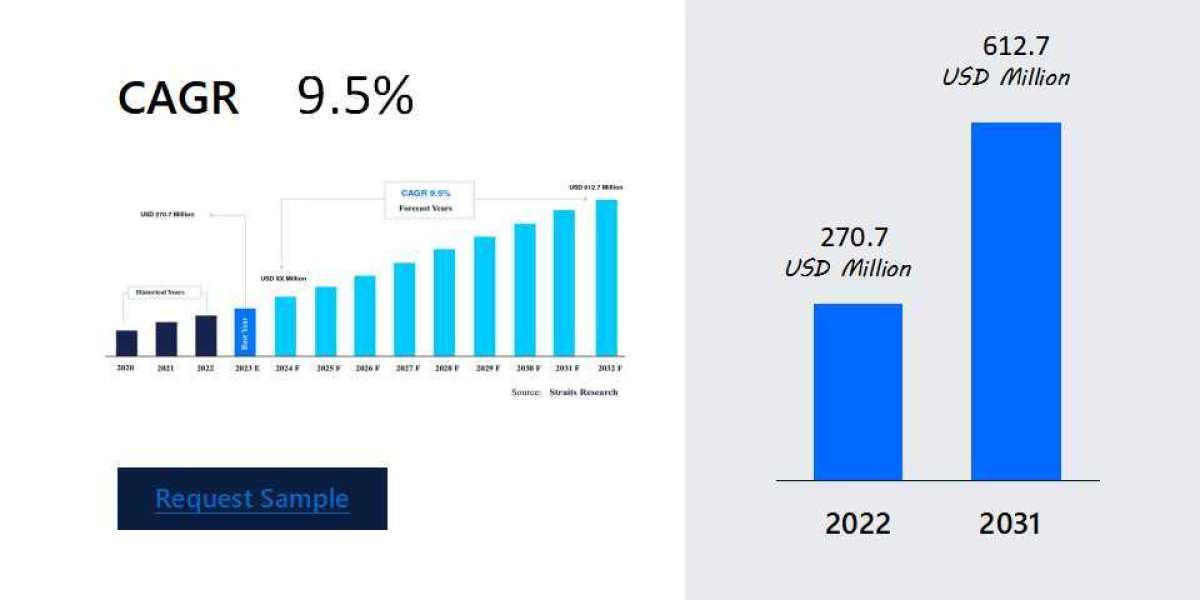When I first heard about futures trading, I was intrigued by the potential for high returns. The idea of controlling large positions with a relatively small amount of capital sounded promising. However, I quickly realized that this form of trading is not as straightforward as it seems. It involves significant risks and requires a deep understanding of market dynamics.
Understanding the Basics of Futures Trading
Futures contracts are agreements to buy or sell an asset at a predetermined price at a specified time in the future. These contracts are standardized and traded on exchanges, making them accessible to a wide range of investors. The assets involved can range from commodities like oil and wheat to financial instruments like stock indices and currencies.
One of the key features of futures trading is leverage. This means that I can control a large position with a relatively small amount of capital, known as the margin. While leverage can amplify profits, it can also magnify losses, making risk management crucial.
The Appeal of Futures Trading
The primary allure of futures trading lies in its potential for high returns. The use of leverage means that even small price movements can lead to significant gains. Additionally, futures markets are highly liquid, allowing for quick entry and exit from positions.
Another advantage is the ability to hedge against price movements. For instance, a farmer can lock in a price for their crops ahead of the harvest, protecting against potential price declines. Similarly, investors can use futures to hedge against market volatility.
Futures trading also offers diversification. By trading contracts on different assets, I can spread my risk across various markets. This can be particularly beneficial during times of economic uncertainty.
The Risks Involved
Despite the potential rewards, futures trading carries substantial risks. The use of leverage means that losses can exceed the initial investment. Market volatility can lead to rapid and significant price changes, making it essential to monitor positions closely.
Moreover, the complexity of futures contracts can be daunting. Understanding the nuances of contract specifications, expiration dates, and settlement procedures is vital. A lack of knowledge can lead to costly mistakes.
It's also important to note that futures trading is not suitable for everyone. According to a study by the Securities and Exchange Board of India (SEBI), only 7.2% of retail traders made a profit in futures and options trading over a three-year period. This statistic underscores the challenges faced by individual investors in this market.
Developing a Trading Strategy
Given the risks, it's essential to have a well-thought-out trading strategy. This involves setting clear goals, determining risk tolerance, and establishing rules for entering and exiting trades. Utilizing tools like stop-loss orders can help limit potential losses.
Continuous learning is also crucial. Staying informed about market trends, economic indicators, and geopolitical events can provide valuable insights. Engaging with educational resources and seeking advice from experienced traders can enhance my understanding and improve decision-making.
Choosing the Right Platform
Selecting a reliable trading platform is another critical step. Factors to consider include user interface, fees, available assets, and customer support. Some platforms offer educational resources and demo accounts, which can be beneficial for beginners.
It's also important to ensure that the platform is regulated by relevant authorities. This provides an added layer of security and ensures adherence to industry standards.
Conclusion
Futures trading offers the potential for significant profits, but it is not without risks. The use of leverage can amplify both gains and losses, making risk management essential. A thorough understanding of market dynamics, continuous learning, and a well-defined trading strategy are crucial for success.
For those willing to invest the time and effort to understand the complexities of futures trading, it can be a valuable addition to an investment portfolio. However, it's important to approach this market with caution and a clear understanding of the risks involved.
Contact Information
Name: HG Markets
Address: 2 Race Course Road, Lahore, Pakistan
Post Code: 54000
Phone Number: (042) 363 07344
Website: https://www.hgmarkets.pk/






